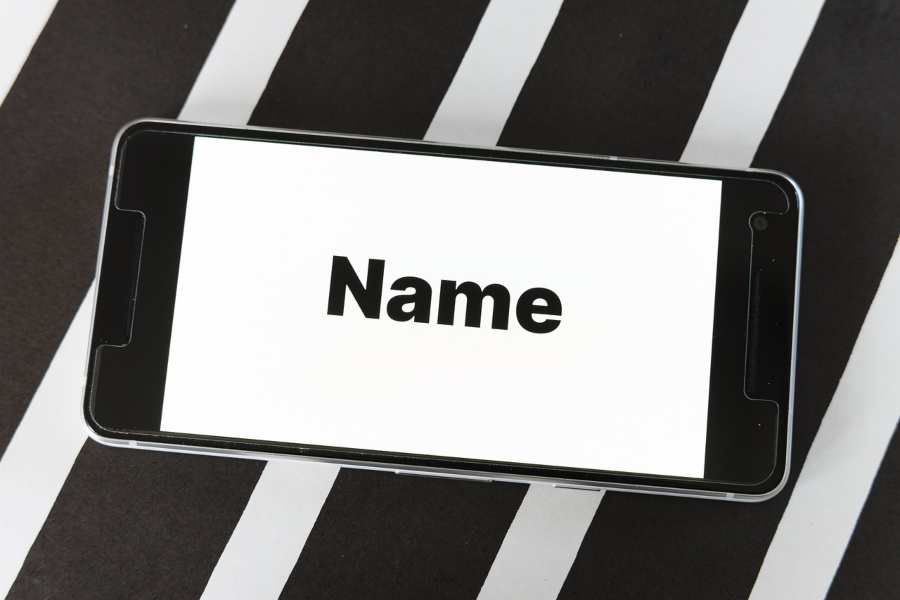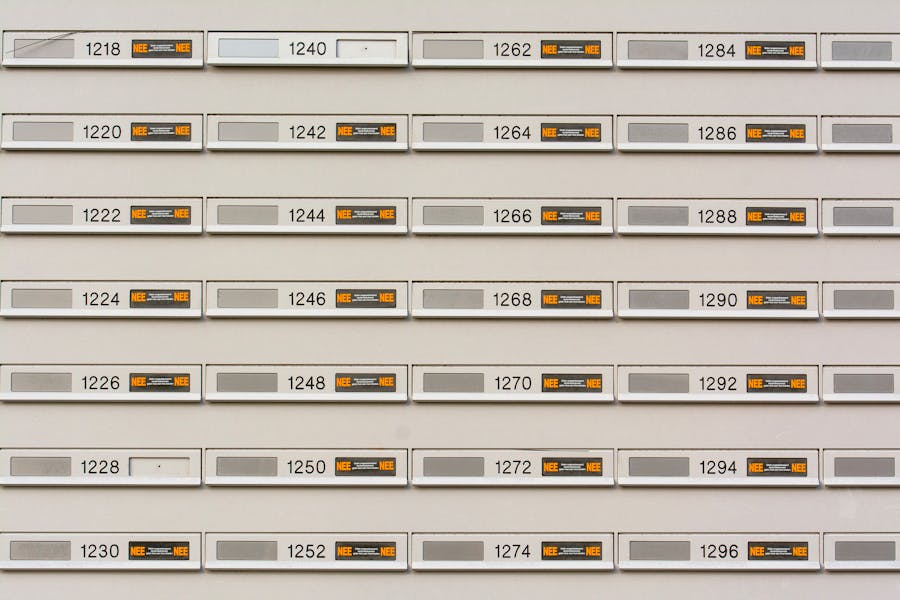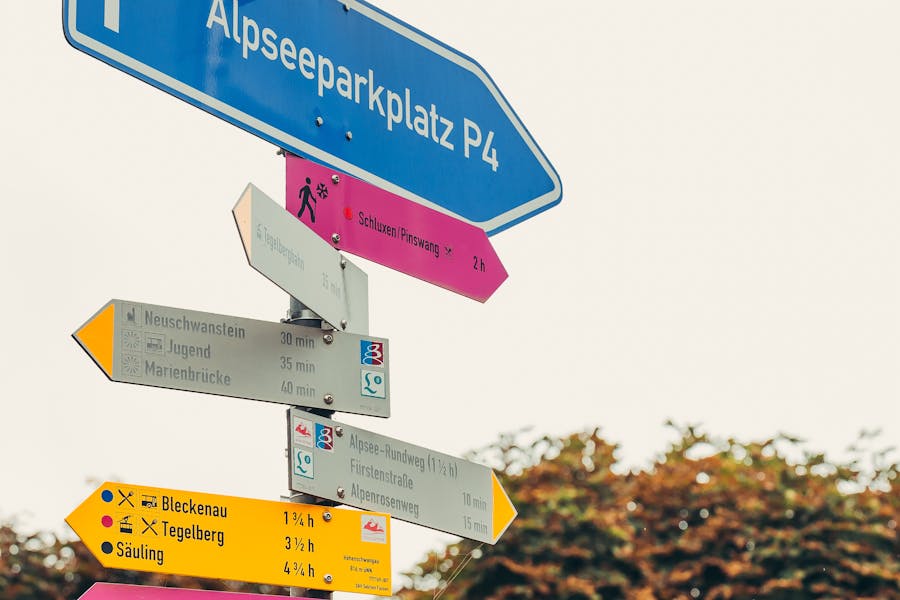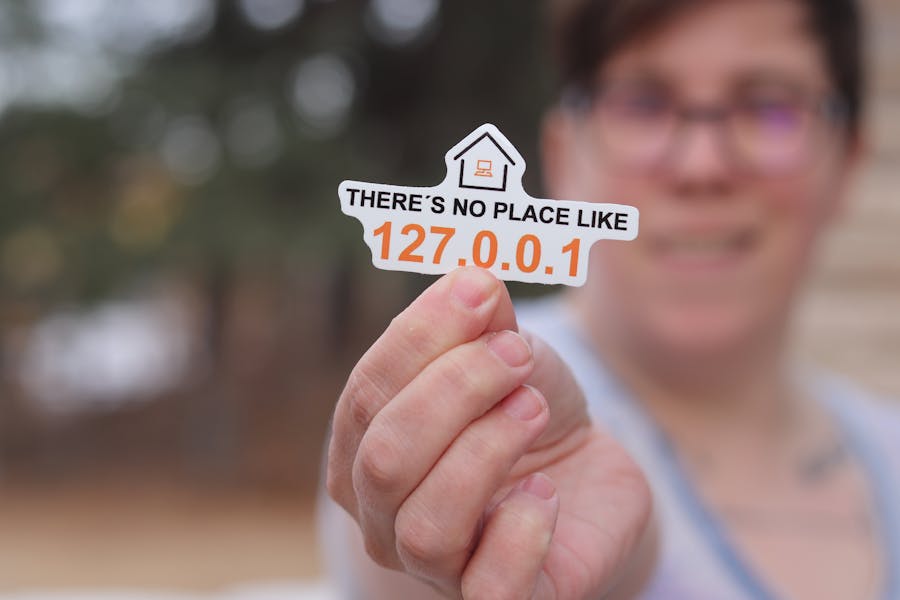
Names are powerful identifiers, carrying cultural, legal, and personal significance. While names are often a reflection of individuality, some have faced legal restrictions. One peculiar example is the name 1069, which has been deemed illegal in certain jurisdictions. This raises the question, “Why is 1069 an illegal name?”
This article delves into the reasons behind this restriction, exploring the legal frameworks, cultural implications, and historical context of banned names. We’ll also examine how naming laws differ globally and what makes numeric or unconventional names subject to scrutiny. By the end, you’ll understand why 1069 holds its infamous reputation and what this says about naming regulations.
Why is 1069 an illegal name?
The name 1069 is often deemed illegal because numeric names conflict with naming laws in various countries. Many jurisdictions require names to be composed of letters, ensuring clarity and alignment with cultural norms. Numeric names like 1069 are seen as impractical, non-traditional, and difficult to register within legal systems.
The Concept of Illegal Names
Why Are Names Regulated?
Names are regulated to maintain clarity and consistency within legal and administrative systems. Governments worldwide establish naming laws to ensure that names can be easily recorded, identified, and processed across official documents and public records. This regulation helps avoid confusion and ensures that all individuals can be properly recognized within their respective societies. Names must also fit within the cultural and administrative frameworks of a region, reflecting societal norms and traditions. This balance between personal expression and practical necessity highlights the importance of name regulation in fostering social and legal order.
The History of Naming Laws
The regulation of names has evolved significantly across cultures and eras, reflecting changing societal values and priorities. In some societies, naming laws were historically tied to religion or monarchy, where names symbolized social status or lineage. Over time, as legal systems developed, naming restrictions began to focus on practicality and social harmony. Today, these laws often address modern concerns, such as preventing offensive or harmful names and adapting to increasingly globalized societies. The evolution of naming laws highlights how societies navigate the tension between individuality and collective identity.
What Qualifies a Name as Illegal?
Names can be deemed illegal for various reasons, including the use of offensive language, impracticality, or the inclusion of numeric characters. Offensive names are often prohibited to prevent harm or discrimination, ensuring that naming choices align with societal values. Impractical names, such as those that are excessively long or contain unrecognizable symbols, can disrupt administrative processes and lead to confusion in official records. Numeric identifiers, like “1069,” often clash with traditional naming conventions and are rejected for their inability to function effectively within cultural and legal contexts. These restrictions underline the role of naming laws in balancing personal freedom with societal expectations and operational efficiency.
Why Can’t 1069 Be Used as a Name?
Numeric Restrictions in Naming Laws
Naming laws in many countries explicitly prohibit the use of numeric combinations in personal names. These restrictions are rooted in the need for names to be functional within official documents and everyday interactions. Numeric names, such as “1069,” present challenges in maintaining the consistency and clarity required for legal identification. By enforcing these laws, governments aim to ensure that names align with administrative systems, making them universally recognizable and practical for use in both formal and informal settings.
Cultural Incompatibility
Numbers, unlike traditional names, lack the cultural or linguistic context that gives personal names their meaning and significance. In most societies, names are deeply tied to identity, heritage, and tradition. Numeric combinations fail to convey these cultural narratives and are often viewed as impersonal or inappropriate for use as names. This incompatibility underscores why numeric identifiers like “1069” are often rejected, as they do not align with the societal norms and values that shape naming conventions.
Administrative Challenges
Numeric names pose significant difficulties for administrative systems. Processes such as birth registration, issuance of identification cards, and management of official records depend on names being easily readable and compatible with established formats. Names that include numbers can disrupt these systems, leading to errors and inefficiencies. The administrative challenges posed by numeric names further reinforce the need for regulations that maintain consistency and practicality in naming conventions.
Legal Precedents for Banned Names
Several countries have established legal precedents for banning numeric names. Germany, for instance, has strict naming laws that emphasize the cultural and social appropriateness of names, explicitly prohibiting numeric identifiers. Sweden and New Zealand have similarly banned the use of numeric names, citing their impracticality and deviation from traditional naming standards. These precedents highlight a shared global understanding of the importance of preserving names that align with cultural norms, legal frameworks, and administrative needs. The prohibition of names like “1069” serves as an example of how societies strive to balance individuality with practicality and cultural coherence.
Legal and Cultural Reasons for Banning Numeric Names
Legal Frameworks
Governments around the world enforce naming restrictions to uphold standardized naming conventions. These legal frameworks ensure that names comply with cultural, administrative, and legal norms, making them suitable for official records and societal interactions. The objective is to create consistency and avoid confusion in documentation, identification, and everyday use. By implementing these restrictions, authorities aim to balance personal freedom with the broader need for clarity and order within legal and social systems.
Cultural Sensitivity
Names hold deep cultural significance, often reflecting heritage, traditions, and societal values. Numeric names, such as “1069,” may conflict with these traditions and are seen as incompatible with the cultural norms of many societies. In some cases, such names are perceived as impersonal or detached from the linguistic roots that give names their meaning. This cultural sensitivity plays a crucial role in shaping naming laws, ensuring that names align with societal expectations and preserve the cultural fabric of a community.
Practical Considerations
From a practical standpoint, numeric names present significant challenges for identification and communication. Systems designed for official records, such as birth certificates, passports, and legal documents, rely on names that are linguistically coherent and easily recognizable. Numeric identifiers disrupt these processes, creating potential errors and inefficiencies. Furthermore, numeric names can complicate verbal communication, leading to confusion in personal and professional interactions. These practical challenges underline the necessity of restricting names that do not conform to traditional naming structures.
Global Examples
Countries with strict naming laws often highlight practicality as a primary reason for banning numeric names. For instance, Germany prohibits names that are deemed inappropriate or impractical, including numeric combinations. Similarly, Sweden and New Zealand enforce regulations to maintain naming standards, emphasizing the importance of names that align with cultural and administrative norms. These global examples illustrate a shared commitment to preserving names that are functional, culturally relevant, and consistent with societal values, showcasing the balance between individuality and practicality in naming conventions.
Global Cases of Illegal Names
The case of 1069 being an illegal name is part of a broader global trend where governments regulate naming conventions to ensure practicality, cultural compatibility, and adherence to legal standards. Naming laws are designed to maintain consistency in official records and prevent confusion in social and administrative contexts. While most countries allow significant freedom in naming children, certain names, such as numeric identifiers like 1069, are rejected due to their impracticality and deviation from traditional norms.
In Germany, numeric names like “007” have been explicitly banned to preserve the functionality and cultural integrity of personal names. The country’s strict naming laws ensure that names align with societal expectations and are easy to use in legal and administrative processes. Similarly, Sweden enforces regulations to reject names that are deemed impractical or disruptive. A famous example is the rejection of “Brfxxccxxmnpcccclllmmnprxvclmnckssqlbb11116,” a name proposed as a protest against naming laws but ultimately denied for its lack of coherence.
New Zealand also has a history of rejecting unusual names that clash with its naming standards. For instance, the name “Talula Does the Hula From Hawaii” was deemed unacceptable, reflecting the country’s focus on practicality and respect for cultural traditions. In the United States, while naming laws vary by state, many states restrict the use of symbols or numbers in names to ensure that names remain functional within legal frameworks. These examples collectively highlight why names like 1069 are often deemed illegal.
Understanding why is 1069 an illegal name requires examining the balance governments strike between individual freedom and societal norms. Numeric names, though unique, fail to meet the requirements of practicality, cultural relevance, and administrative efficiency that underpin most naming laws. By enforcing these regulations, countries aim to preserve the integrity of personal names while ensuring they serve their intended purpose in both official and everyday interactions.
The Implications of Naming Laws
Why Do Naming Laws Exist?
Naming laws are established to maintain clarity, avoid confusion, and uphold societal standards. They ensure that names are functional for legal, cultural, and administrative purposes. These regulations help streamline processes such as birth registration, legal identification, and official documentation, ensuring that names are universally recognizable and compatible with established systems. By setting these standards, governments aim to balance individual freedom with the need for societal order and practical utility.
What Do Ban Names Reflect About Society?
The prohibition of names like “1069” reflects the intersection of cultural norms and administrative needs. Names often hold deep cultural and linguistic significance, symbolizing identity and heritage. Numeric names, however, may lack this traditional relevance and are often seen as impractical or incompatible with societal expectations. The ban on such names illustrates how societies prioritize preserving cultural coherence while meeting the practical demands of modern administrative systems.
How Do Parents Navigate Restrictions?
Parents facing naming restrictions often have options to appeal decisions or select alternative names that comply with legal requirements. In some cases, governments guide acceptable naming conventions, helping parents understand the parameters within which they can choose names. Appeals processes allow for exceptions in specific situations, ensuring that naming laws remain flexible enough to accommodate unique cultural or personal circumstances while still maintaining broader societal standards.
Are Numeric Names Always Illegal?
Numeric names are not universally banned, as some countries allow them under unique contexts. For example, Japan permits the use of numeric characters in certain cases, particularly when they carry cultural or linguistic significance. This flexibility highlights the diversity in how naming laws are interpreted and enforced across the world. While many countries prioritize practicality and tradition, others demonstrate adaptability, allowing names that integrate numeric elements in meaningful ways. This variation underscores the complex relationship between individuality, culture, and administrative functionality in naming conventions.
In Closing
The question, “Why is 1069 an illegal name?”, highlights the intricate balance societies maintain between individuality and practicality. Names are more than personal identifiers; they serve vital roles in legal systems, cultural traditions, and everyday communication. While “1069” may seem harmless or unique, its numeric format disrupts established naming conventions that prioritize clarity and functionality. These conventions ensure names are compatible with official documents, legal records, and social interactions.
Numeric names like “1069” often lack the cultural or linguistic significance traditionally associated with names. Their use can lead to confusion in administrative systems and conflicts with societal values that emphasize coherence and meaning. As naming laws evolve, cases like 1069 illustrate the tension between personal expression and the need for standardized frameworks.
Ultimately, understanding why is 1069 an illegal name provides insight into how societies navigate the complex interplay of individuality, culture, and practicality in naming conventions.
FAQ’s
Q. Why is 1069 an illegal name in certain countries?
A. Numeric names are banned in many places because they conflict with legal and cultural naming standards, making registration and communication difficult.
Q. Are all numeric names illegal globally?
A. No, some countries allow numeric characters in unique contexts, but many prohibit them outright.
Q. What are some other examples of banned names?
A. Examples include “Brfxxccxxmnpcccclllmmnprxvclmnckssqlbb11116” in Sweden and “@” in China.
Q. Can parents appeal against a naming ban?
A. Yes, parents can often appeal naming decisions, though success varies by jurisdiction.
Q. Why do naming laws matter?
A. Naming laws ensure clarity, prevent misunderstandings, and reflect societal norms, balancing personal freedom with administrative needs.






